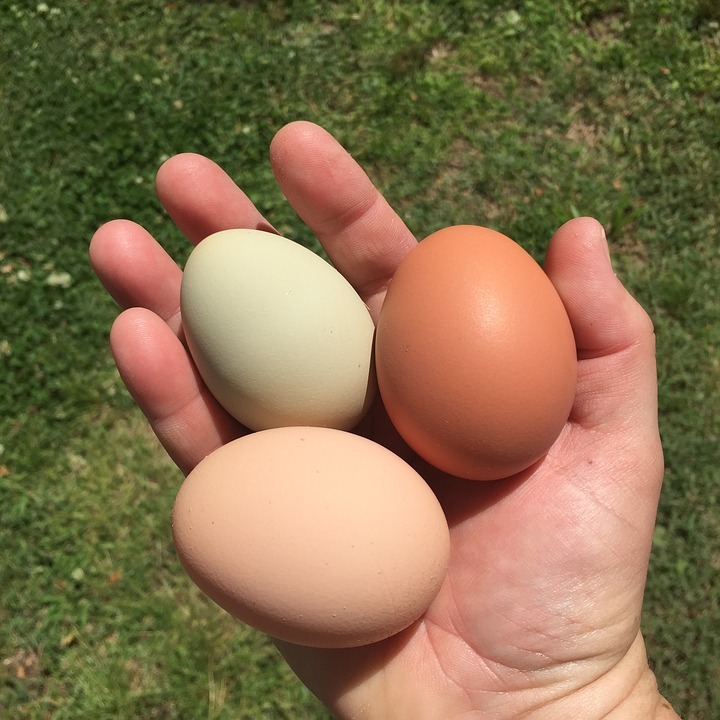Face it, the desire for a reliable supply of fresh eggs is probably one of the biggest reasons to want to keep chickens. So, when your chickens stop laying, it can be a real disappointment. Healthy, happy chickens will start laying when they are around six months old and will continue for up to 10 years. However, several factors can curtail or even stop egg production.
Why a Hen Might Stop Laying Eggs
Age
The age of the hen can affect egg production. Younger hens may need to mature before becoming steady layers. As hens get older, they may start laying less, will need to be retired.
Molt
Molting, which can happen twice a year, will stop egg production. This process is completely normal and healthy birds will continue laying once their new feathers come in. Since molting is stressful for the hen, extra care is needed to provide them with protein-rich food and comfortable shelter.
Stress
Chickens showing signs of stress, such as molting, strangely shaped eggs, dull combs, nervousness, etc., will curtail or stop laying eggs. Stress indicators can happen if the chicken’s way of life has changed drastically. A new coop, the introduction of a rooster, poor sanitation, prey animals in the vicinity, a change of food, etc., are all causes of stress in chickens. Once they become more comfortable with their environment, they are likely to continue laying eggs. Additionally, natural betaine from sugar beets combats heat stress, and apple cider vinegar can be added to their water to help the chickens cope with stress.
Diet
Healthy and happy chickens require a well-balanced diet of proteins, fruits, vegetables, and for egg layers, calcium in the form of crushed oyster shells. Healthy birds will have bright eyes and their combs are darker in color. Recognizing when a chicken is healthy is helpful when diagnosing a problem when egg production falls off.
Environment
Laying hens will require about 14 hours a day of sunlight to lay eggs regularly. Most of the time, they can get this from being out in the sunshine. However, when the days shorten, electric lights can be used as a substitute. Climate conditions are also a factor in egg production. During colder months, the coop should be kept at a temperature of around 55 °F. In the heat of the summer, make sure the chickens have fresh water and lots of shade.
Broodiness
It is natural for a hen to want to sit on her eggs to hatch them. This is a natural process and her egg production will stop if she continues to sit on the nest. Simply removing her from the nest and placing her with the other chickens at feeding time, or at roosting time can stop the broodiness. If she is stubborn, isolating her away from the nest may be required.
Summary
Many factors contribute to why hens stop laying eggs, but they are usually easily recognized. Remember that healthy and happy chickens lay eggs regularly. With a little bit of knowledge about their health and behavior, one can provide the tools needed for the continued use of fresh eggs

